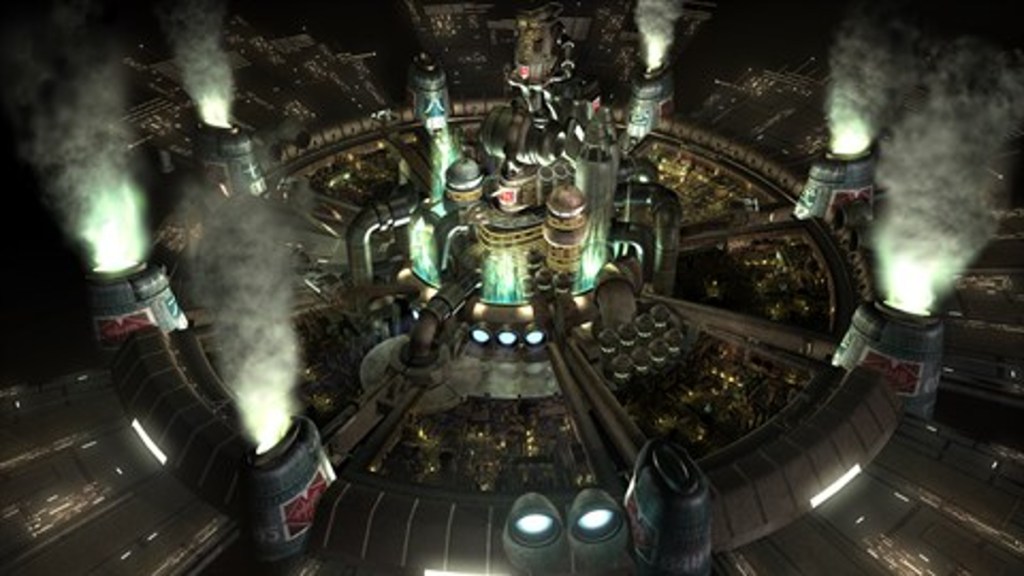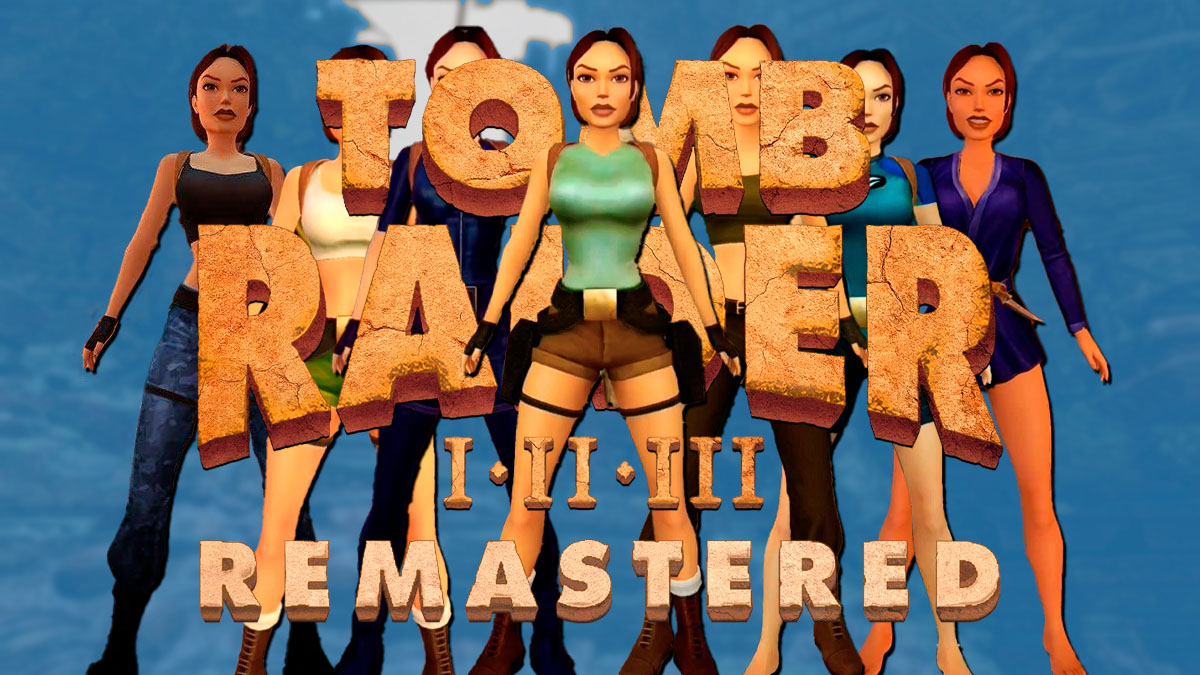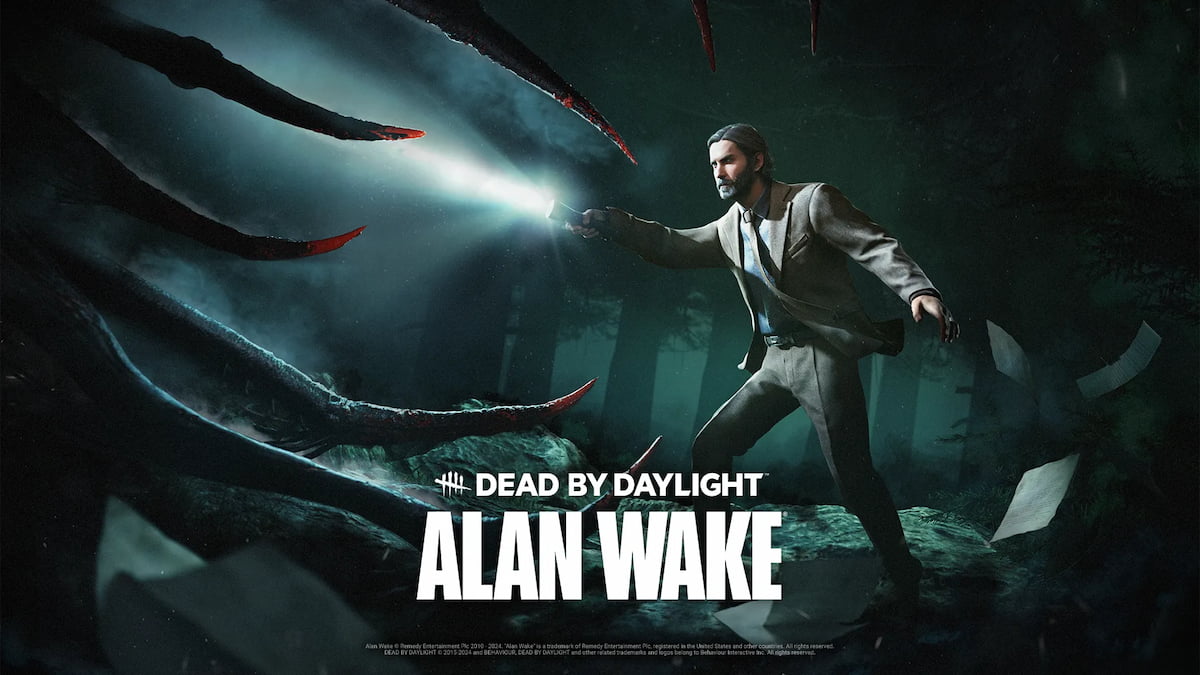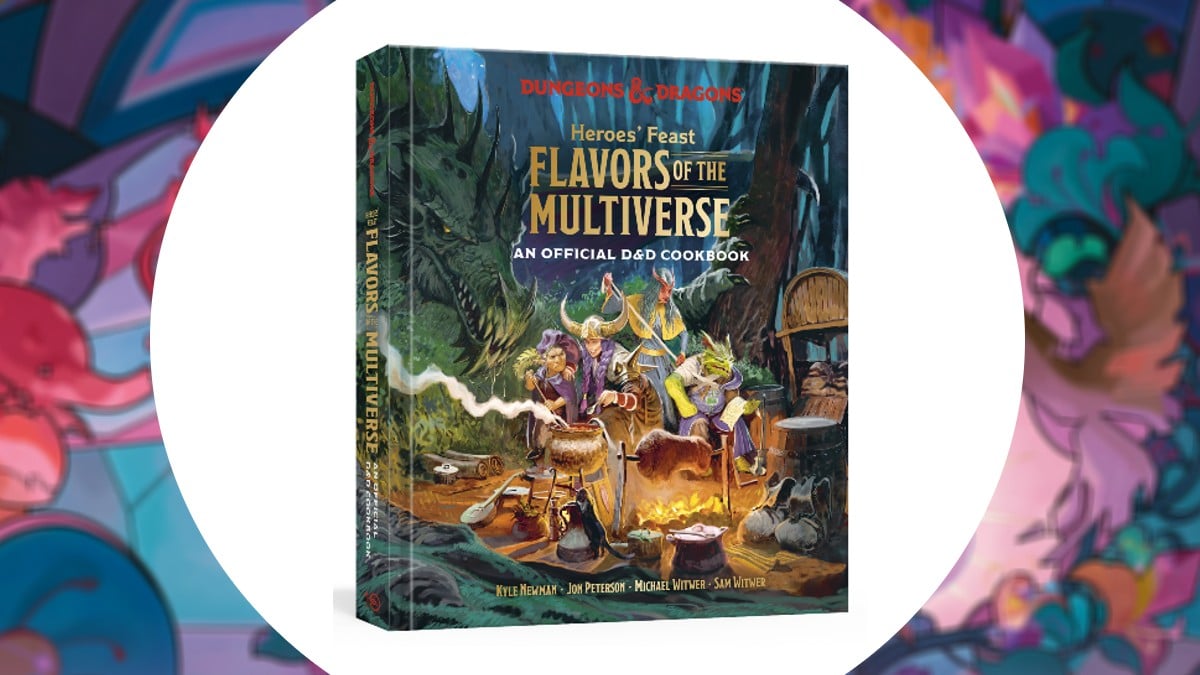This discussion has been a long time coming. Since its inception, the term JRPG has been seen as a separate genre from the RPG, often used to identify RPGs that use turn-based combat. Along with this use comes the coming-of-age tropes that were (and still are) popular among Japanese audiences. Fast forward to the modern-day landscape, that term is still relevant and recognizable as a sub-genre of games that even Western developers have dipped their fingers into.
In my younger years, before the boon of the internet, every game was pretty much the same in my mind. Whether it was Japan, the United States, or Europe, the games spoke for themselves. A good game was a good game, and a bad game was a bad game. Its origins mattered little, especially if it was beloved – a far cry from today’s atmosphere.
What Did We Think In the 90s?

Over the years, many developers have diversified the RPG genre by releasing more titles for consoles and mobile. This change, in turn, allowed more gamers to experience titles previously exclusive to PC. When this happened, the community shifted towards separating these new RPGs into different sub-categories. Top-down games with RTWP were labeled CRPGs, while games with action combat and RPG progression were labeled Action-RPGs.
The older RPGs we grew up on in the 90s to early 2000s were primarily turn-based and from Japan were re-labeled JRPGs due to their origin and style. Recently, in an interview with Skill Up, FFXIV game director Naoki Yoshida mentioned in passing the process of making a JRPG title. His thoughts were that the developers never go into the project thinking that they’re making a JRPG – instead, they approach the design as any other RPG game.
How Can I Tell The Difference?

With that out of the way, what separates the JRPG from the rest of its siblings? For one, the subject matter is connected to Japanese-style RPGs, as you’ll find that many carry a strong message that mirrors the real world. I believe all creators take inspiration from the world around them. From Japan and Mexico to Britain, or India, the main thing we all have in common is how we soak in our environment, which affects our thoughts.
For example, Final Fantasy VII tells the story of industrialization and how it affects the planet. That creates a link to our situation and how many of our technological advancements have affected Earth. Another example would be the Xenosaga series, which is retelling the bible. You can find a strong meaning behind nearly every JRPG title, compared to their Western counterparts, that puts more in the hands of the player by telling their stories through gameplay.
Do Choices Matter?

Another difference would be progression and the number of choices that affect gameplay. In this case, JRPGs opt for a more linear progression that keeps the identity of the classes. This concept is important because the character’s class impacts the story. In comparison, a CRPG is less likely to tie your chosen class to the main story because of the number of class options available and the narrative having a focus on the gameplay rather than the heroes. This decision may be due to cultural influence and how we tell our stories versus others.
This preference is also reflected in the audience, as JRPGs tend to have more success overseas, unlike their Western counterparts. That may be because of the multicultural aspect of Western society and our ability to accept and appreciate different media. The opposite may be true about Western games in places like Japan, where Western games are less successful, as Japanese people are more comfortable with what they’re used to and what suits their tastes.
Related: Baldur’s Gate 3’s Side Quests Create Magic Without Distraction
Of course, this is my viewpoint, and I could be way off, but it’s an intriguing discussion. I believe the genre is too broad to pigeonhole it. Separate sub-terms help people in seeking specific features when picking out their games. But I can also agree with developers who see their game as a full-fledged addition to the whole genre.







Published: Aug 23, 2023 03:41 pm